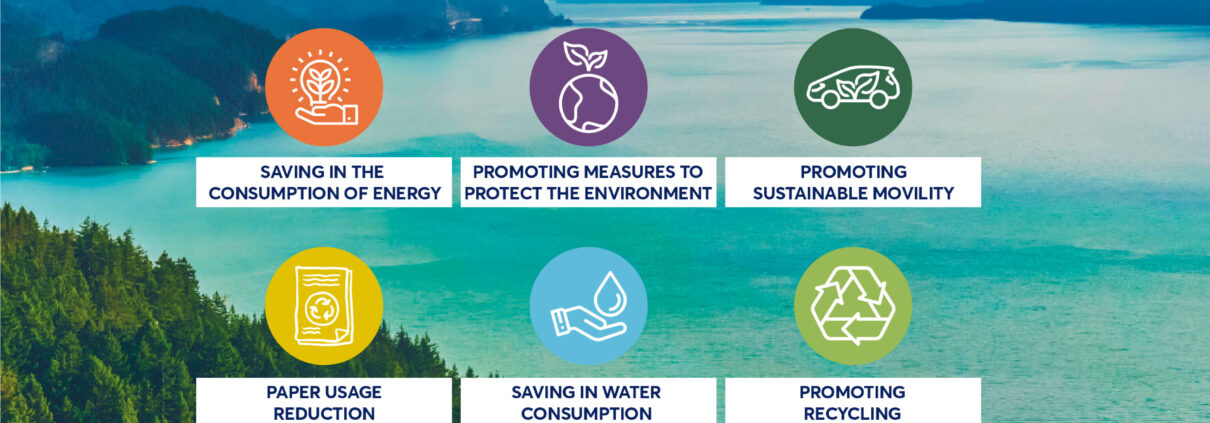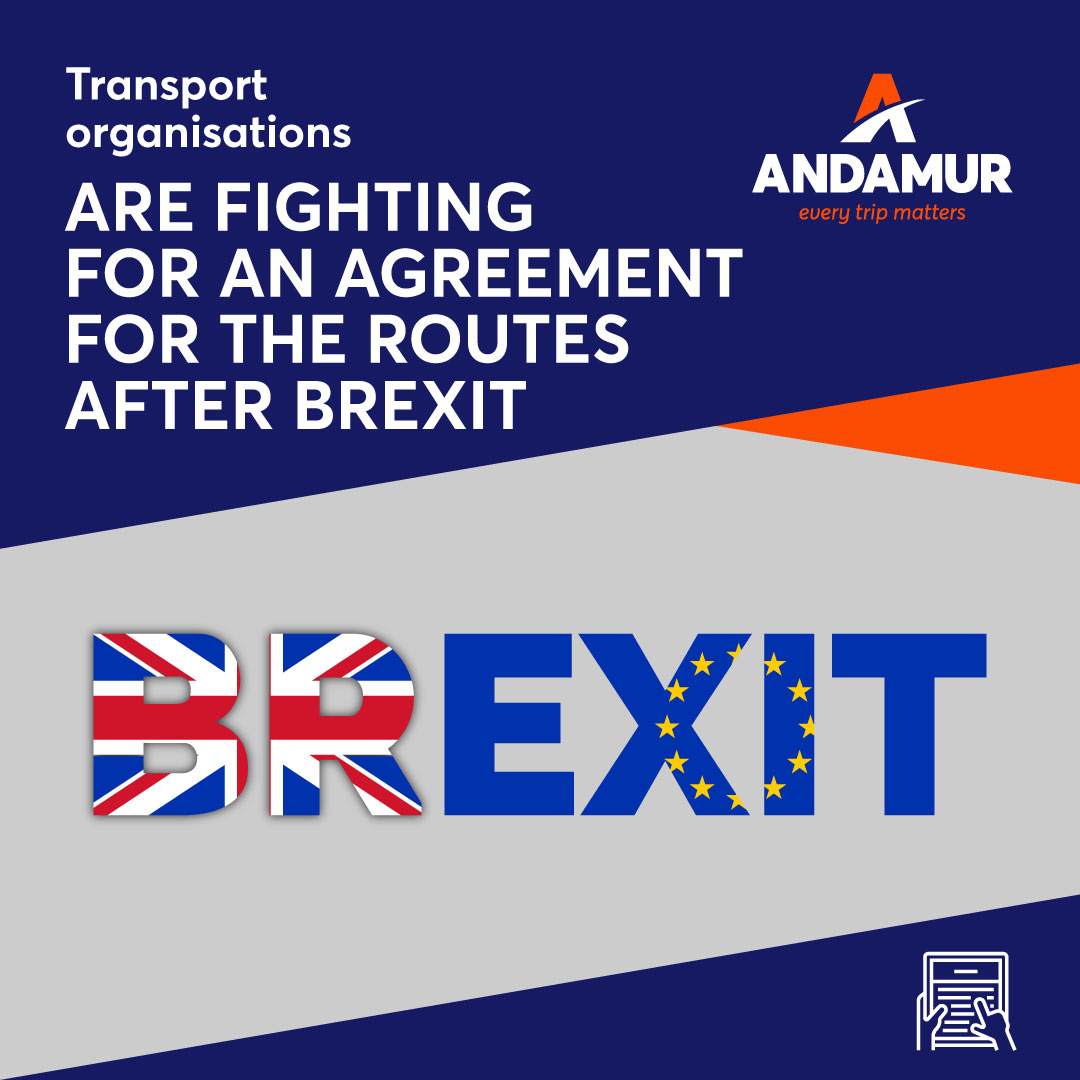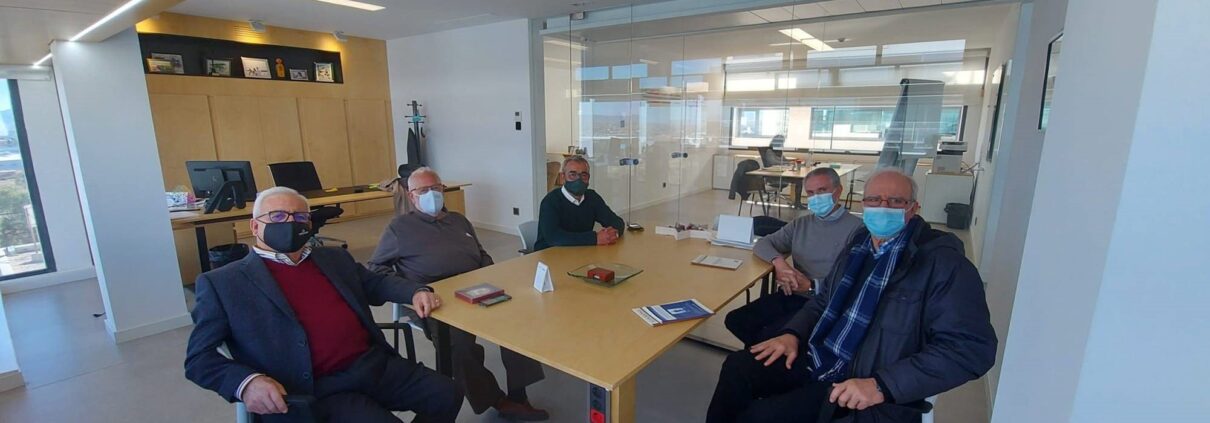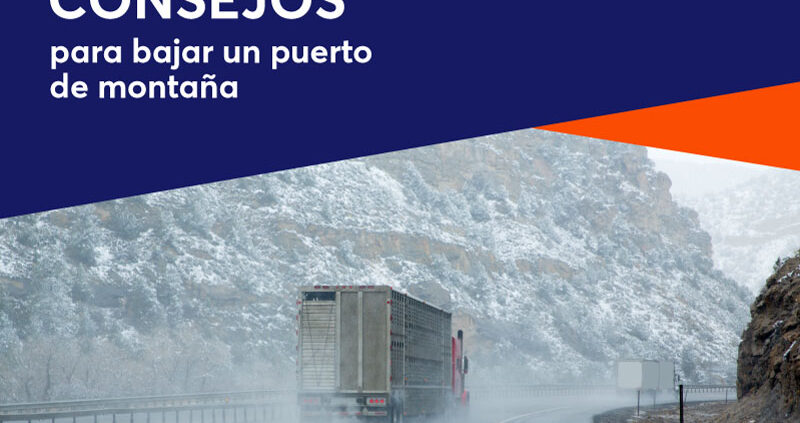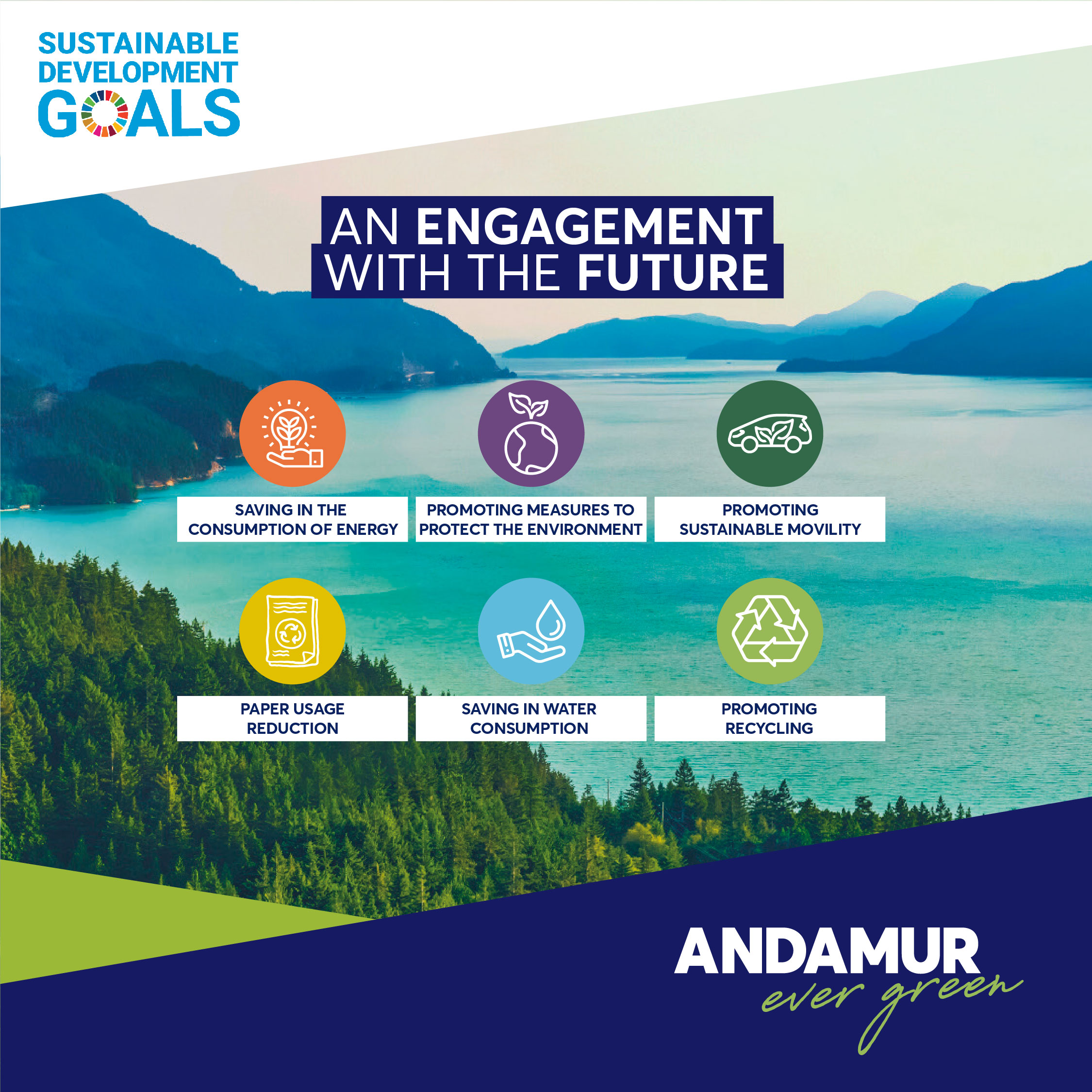
At Andamur we’re aware of the importance of nurturing and protecting the environment to ensure the best possible future for our planet. We’re fully engaged with the environment, which is why we’ve implemented a number of actions under the Environment Focus in our CSR plan, #CaringForWhatMatters. These actions seek to reduce the environmental impact of our activity.
All the environmental initiatives that we implement are geared towards reaching the Sustainable Development Goals (SDGs) that the UN included in the 2030 Agenda for Sustainable Development. Specifically, our environmental work centres on SDG 7: Affordable and Clean Energy; SDG 11: Sustainable Cities and Communities; SDG 12: Responsible Consumption and Production; SDG 13: Climate Action; SDG 15: Life on Land; and SDG 17: Partnerships.
The installation of solar panels at our head office and service areas, use of recycled materials and recycling points in our offices are some of the measures we’ve already put in place. One of our biggest milestones in 2020 was becoming the first company in the industry to obtain Carbon Footprint Verification.
At the same time, multi-energy is now a reality at Andamur after we set up our first multi-energy service areas in 2020, which include Vehicular Natural Gas (VNG) at Andamur La Junquera and Andamur Guarromán, and electricity at Andamur San Román and Andamur Pamplona, thereby promoting the development of much more sustainable mobility.
Even so, at Andamur we know there’s still a long way to go, which is why, this year, we’re working to obtain the ISO 14001 Environmental Management certificate awarded by AENOR.
Within our environmental protection plan, we adopt 6 key commitments: promoting sustainable mobility, saving energy, reducing paper use, saving water, promoting recycling and other green measures such as cleaning up natural spaces and the existing Andamur Forest, which can absorb 2.8 tons of CO2 per year.
We believe there’s no such thing as a small action, which is why Andamur Ever Green includes actions in our offices such as reducing paper cups, introducing digital contracts and installing electric hand dryers, as well as more far-reaching measures such as installing green points and recycling points at our service stations, and automating lights according to natural light levels.
At Andamur, we know that caring for the environment is everyone’s responsibility and we wanted to motivate our employees so that they’re aware that, when it comes to protecting the environment, every action counts towards the common goal of achieving better protection.

